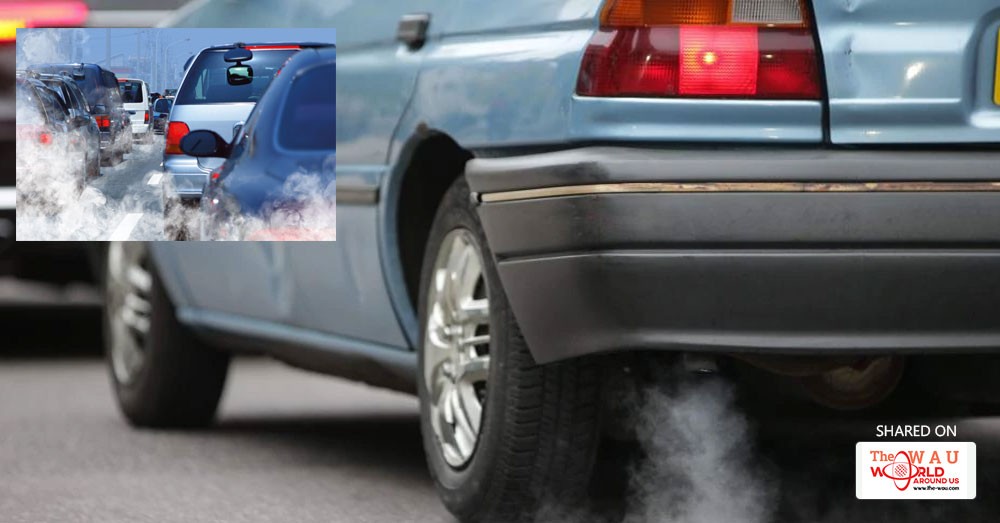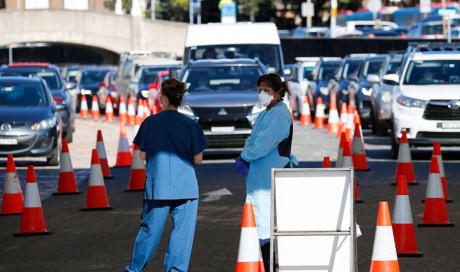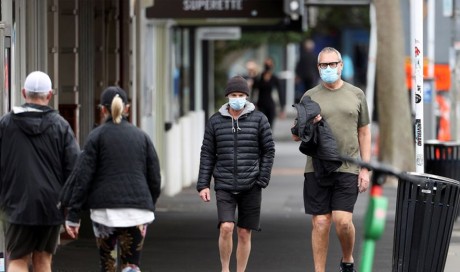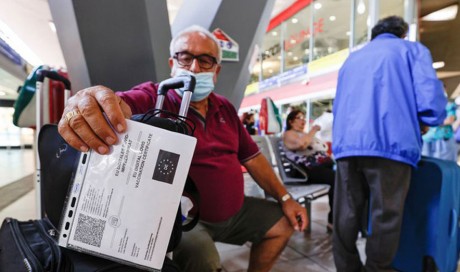Most polluting vehicles face an extra daily charge for driving into central London under a new scheme that aims to improve air quality in one of Europe’s most polluted cities.
London mayor Sadiq Khan said with the rollout of the new weekday “toxicity charge” -- dubbed the “T-charge” -- London had “the world’s toughest emission standard”.
The £10 (11.2-euro, $13.2) levy is in addition to a daily £11.50 congestion fee, and follows an order by the European Union for Britain to cut air pollution.
But Transport for London, which runs the scheme, has said any vehicle registered before 2008 may be liable. It estimates 6,500 vehicles per day will be covered, about 6.3% of around 103,000 that enter the congestion zone.
Here is what other cities have done in the past to curb pollution:
Delhi
As the world’s most polluted capital tried to clean up its fetid air, the Delhi government decided to allow odd and even number vehicles to ply on city roads on alternate days from January 1 in 2016.
The odd/even number scheme, similar to the one in Beijing and Singapore, allowed vehicles with number plates ending with an odd number to be driven one day while those ending with an even number the next day.
But apart from the odd-even formula, the Delhi government also decided to improve public transport in the city, shut down a coal-fired power station and start vacuuming the roads to reduce dust. It also wants to start mechanised cleaning of some streets.
Beijing
Ahead of 2008 Olympics, Beijing imposed restrictions on private vehicles by allowing even and odd license plates to drive on alternate days. A Chinese government study placed the vehicle emission reduction at 40% post the policy implementation. Even though Beijing dropped the odd-even rationing policy after Olympics, following the success of it, more complicated road policies were introduced by the government.
Paris
In March 2014, Paris introduced the odd-even rationing on its roads just for a day as an experiment. The experiment has been tried once before in 1997 and dropped similarly after a day. The restrictions were revoked after a day both the times because the officials had reached their pollution control goals and there was no need to continue the experiment.
Bogotá
In Bogota, capital of Columbia, the policy was named Pico y Placa (’peak and plate’). It banned cars during the peak hours for two days per week. In order to make it harder for citizens to break the rule by buying two cars, the government kept on switching the combination of days and numbers every year. According to some reports, the policy failed to control pollution as many drivers chose to drive during off-peak hours thus rendering the government appointed peak hours as useless.
Europe’s Low Emission Zones
Europe decided to control emission in its capitals by declaring certain part of the cities as LEZs and banning vehicles which failed a particular standard from entering them. European capitals were divided in the decision to create LEZs. Some cities like London, Berlin, Dusseldorf, Stuttgart, Lisbon, Rome, Copenhagen, Prague, Amsterdam, Milan introduced LEZs and allowed only vehicles that follow certain Euro standards inside the zones. While others like Zurich, Graz, Dublin, Luxembourg, Madrid, Brussels and Barcelona have either voted no for LEZs or have not yet taken a decision on the issue.
The Netherlands
Policymakers in the Netherlands plan to ban the sale of all diesel and petrol cars from 2025. Bicycle use is encouraged in most cities.
Freiburg
According to The Guardian, Freiburg in Germany has 500km of bike routes, tramways, and a cheap public transport system. “One suburb, Vauban, forbids people to park near their homes and makes car-owners pay €18,000 for a space on the edge of town. In return for living without a car, people are offered cheaper housing, free public transport, and plentiful bicycle spaces,” its report says.
Share This Post















